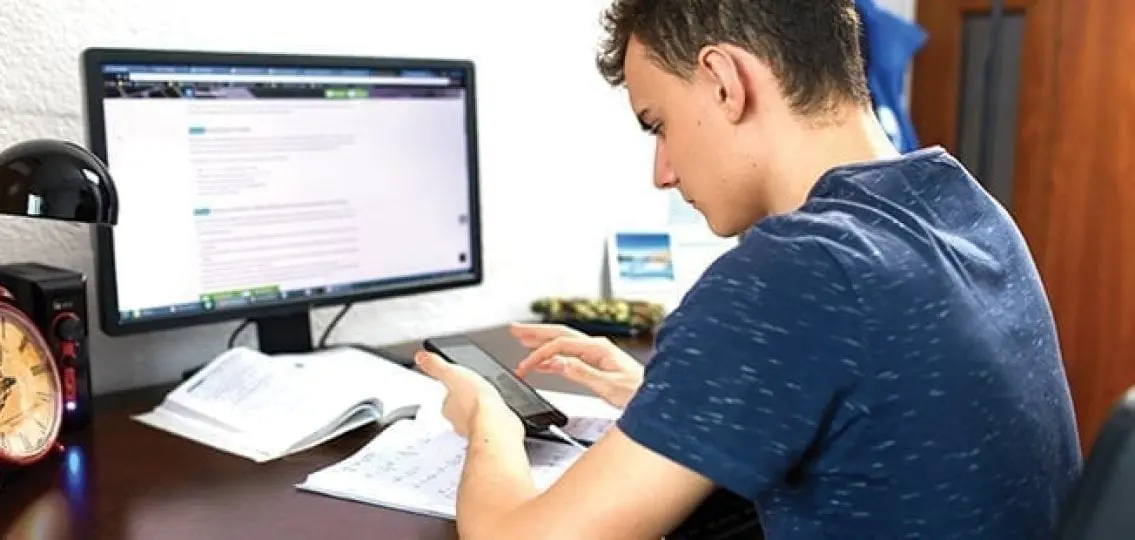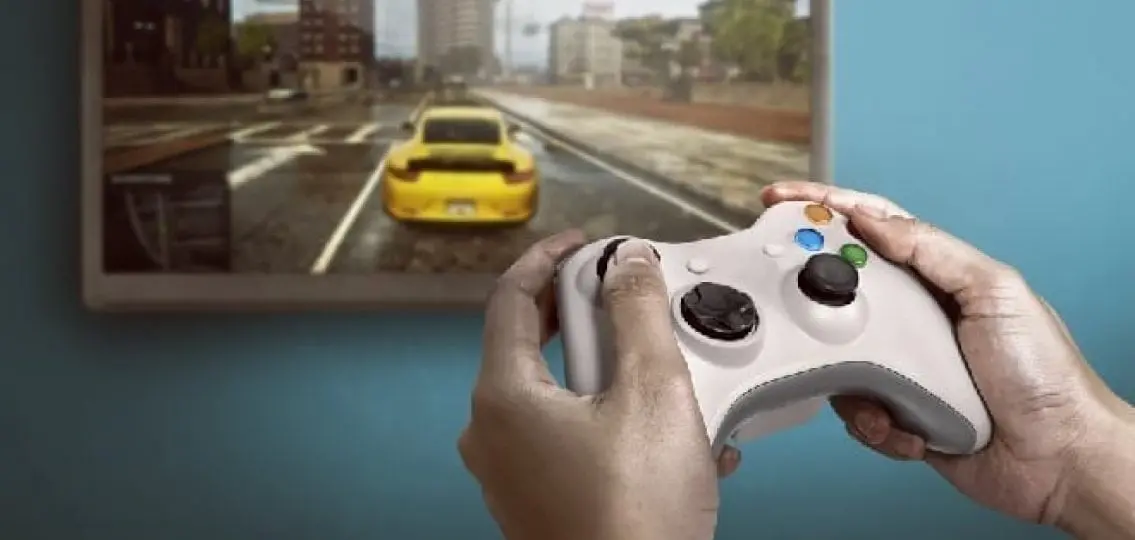What happens when a teen feels one way about a particular issue or problem and the parent has a very different take? At Your Teen, we understand that sometimes you need to look at a problem from multiple perspectives. It can also be helpful to hear from a neutral third party. That’s when we bring in a parenting expert to provide the practical advice you need to bridge the divide and help restore harmony. Here, a mother and son each reflect on his teenage procrastination, and an expert weighs in with tips on time management and handling stress when homework is always last minute.

PARENT | Liz Alterman
When Sam was in elementary and middle school, I tried—unsuccessfully—to impart the wisdom his father and I had learned the hard way. Waiting until the last minute to tackle an assignment isn’t worth the stress.
Once Sam started high school, I was sure he’d heed my advice and manage his time better. Reasonable, right? Nope. This past spring, my freshman had weeks to complete a history project, yet he waited until the last possible moment to begin creating a dozen-page scrapbook that was so complicated it even required him to fashion his own musket strap. Talk about teenage procrastination.
Knowing he had several other commitments, I implored him to begin as soon as possible, explaining that the quality—and his grade—would likely suffer if he attempted one of his usual rush jobs. (With that in mind, I told him the deadline for this article was a week earlier than it truly was. Shh! That’s our secret.)
“Stop worrying, Mom,” he told me with an exasperated eye roll that I was lucky to get. It meant that he had momentarily looked away from the video game consuming much of his free time. “I’ll get it done.”
“You have to stop procrastinating,” I told him, adding that I would not be going out at midnight in search of ink for our printer or faux leather for a bayonet handle. “What if a friend called and asked you to do something really fun today, and you had to miss it because you hadn’t gotten your work done? Then wouldn’t you be sorry you hadn’t finished it earlier?”
“No, I’d hang out with my friend and start this project even later. And I’d probably still get a good grade on it,” he responded with a smirk.
Argh. Something tells me he won’t understand my point until the very last minute, either.
Liz Alterman is a mom of three boys and a writer. She is currently working on a memoir chronicling her adventures in unemployment.
TEEN | Sam Alterman
Despite what my mom will tell you, I obviously don’t procrastinate for the fun of it. The thing I don’t like is when teachers warn us about teenage procrastination. I don’t waste as much time as some of my friends do, and I actually have good grades in school. So why does everyone think it’s so bad?
I’m not completely defending the habit, but I think parents and teachers are blowing things way out of proportion. I always hear teachers saying, “Procrastination is evil, and it will make you fail in life.” But I’m passing their classes while doing the thing that’s supposedly “setting me up for failure.”
So where’s the problem?
I think I work best under pressure. When something needs to get done, I’ll get right to it. That’s how I work.
I’m completely in the zone. No matter how long it takes, I will finish it, and the quality will still be there. But if something isn’t due for a while, I almost see it as free time, or a place where I can take a break from my work.
In history class, I had a massive project that we had two months to complete. It was due on a Monday. When I woke up on Saturday morning, I grabbed my laptop and settled into a good seven straight hours of work before eating, then got right back to where I left off.
Sure enough, the next week we got our grades back, and I had a 98—one of the highest grades in my class.
In short, I don’t think procrastination is necessarily bad; I just see it as a way I choose to live my life.
Sam Alterman is a high school sophomore. He enjoys playing football and baseball and riding roller coasters.
EXPERT | Dr. Maggie Wray
Sam raises an interesting point: Is putting off your work until later always a bad idea?
Not necessarily. Anytime we choose to do one thing, we’re necessarily choosing to delay something else.
When this decision makes sense, we’re prioritizing. If the delay is bad for us, but we do it anyway, we’re procrastinating.
Here are a few questions to help you tell the difference between prioritizing and procrastinating:
- Do you want to start your work earlier, but can’t get yourself to start?
- Do you feel stressed or overwhelmed before deadlines?
- Do you stay up too late the night before an important due date?
- Do you rush to complete your work before the deadline?
- Do you fail to meet your goals?
- Are you disappointed with the quality of your work?
If you answered “yes” to two or more of questions, you’re probably procrastinating.
In this case, Sam seems to be happy with his decision to save his work until the last minute. He’s not stressed out, he likes how he’s spending his time, he’s doing good work, and he’s earning good grades.
The person who is really stressed here is Liz!
Unfortunately, Liz’s stress isn’t going to motivate Sam to start his work earlier.
So, Liz, as long as Sam continues doing well—finishing his projects on time without panicking or losing sleep and earning great grades on them—consider taking steps to reduce your stress level and put Sam in charge of managing projects. Some steps you can take:
- Let Sam know that you will no longer be reminding him about deadlines.
- Set clear guidelines for when you’re available (e.g. not midnight!) for shopping trips, brainstorming sessions, etc.—and stick to them.
- Ask teachers to forward project reminders to Sam instead of you, explaining that you want Sam to learn how to manage his deadlines independently.
The goal here is to step into the role of a consultant on Sam’s projects, rather than an active manager. It sounds like Sam is ready for that … which is fantastic!

And if his work suffers without your support, you can always step back in to help later … after you both agree that he would benefit from solving his habit of procrastinating.
Dr. Maggie Wray is an academic & ADHD coach who specializes in helping teens develop the organization, time management, and study skills they need to earn better grades with less stress. You can learn more about Dr. Maggie on her site, CreatingPositiveFutures.com.




